Even though some people have accused Heroes of the Storm of being a “me-too!” attempt to grab a piece of the MOBA pie, it’s hardly another DOTA clone – there are a lot of areas where HotS innovates and changes the formula, and one of the biggest of these are the map objectives, like the Dragon Knight.
While some players have adapted to this new wrinkle in the team brawler formula, a lot of MOBA veterans have had trouble adapting – you still see a lot of people flailing helplessly when they hop into the Dragon Knight, running directly at the enemies’ forts and dying immediately to focused fire.
It doesn’t have to be that way, though! I’ve got an in-depth guide to the Dragon Knight with info on how to use the big guy, detailed explanations of its skills, and the best strategies you and your team can use to win the game.
How to Activate the Dragon Knight

The struggle for the knight begins 40 seconds after the start of the game — players will get a 30 second warning that two shrines are about to activate, one at the bottom of the map and one at the top.
When the shrines activate, players can take control of the shrines by standing on the glowing circles. It take four seconds to capture a neutral shrine and eight seconds to take one from the enemy — any enemy hero can disrupt the process by entering the circle. (Note: Multiple heroes have no effect on capture speed).
Once a team controls a shrine, a beam (blue for your team, red for the enemy) will shoot to the middle lane, where the dragon statue is. If one team controls both shrines, any hero can claim the Dragon Knight by right clicking it — it takes three seconds and is interruptable by damage.
The Dragon Knight is one of the more difficult — if not the most difficult — map objectives to make use of, because it is so easy for either team to disrupt the process. Some evenly matched teams won’t see the Dragon Knight for ten minutes or more, since you need to control so many much of the map to grab it.

Your team should focus on the bottom lane — it’s closer to mid than top, and it has easier access to mercenary camps. Don’t overcommit to take the shrines and don’t give up lane XP unless you’re about to lose both. If you have a roamer, they should help your top and mid lanes maintain control, but don’t push too far. The best time to try for the Dragon Knight is right after you kill a hero or if the enemy is overextended — you can also have a mobile or stealth hero try to sneak the shrine and quickly grab the Dragon Knight.
Either way, coordinate in chat or with pings to your team, since you may not have a big window to grab the Dragon Knight. If possible, have a tank or someone with a good escape take it. But unlike the Garden Terror, the Dragon Knight doesn’t just disappear when its time is up, it explodes and pushes enemies back, giving the player inside a little breathing room.
How to Use Dragon Knight Skills
Dragon’s Breath (Q)
Breathes fire towards the targeted area. 4s cooldown.
This is the Dragon Knight’s bread and butter, and should be used every time it’s off cooldown. It’s not especially effective against heroes — definitely not compared to the Dragon Knight’s basic attack — but Dragon’s Breath destroys minions and deals good damage to structures, so prioritize enemy waves, towers, and forts. If you manage to land this some heroes at the same time, all the better.
Savage Charge (W)
Charge a target and knock them back, dealing damage. 8s cooldown.
This ability separates the good Dragon Knights from the bad. Used incorrectly, this ability can save an enemy hero from certain death, put the Dragon Knight out of position, or drop an assassin right on top of your squishies. Used well, this ability wins team fights, plain and simple.
You want to use this on the most important hero on their team. This isn’t necessarily their damage dealer – it’s often better to punt a disruptive tank or a good support. This ability knocks heroes over walls, but if you just throw them back into their base, they can run right back to the fight. So try to kick them into the woods where it’s harder to get back. At the end of the delay, the Dragon Knight charges forward, so you can use this as a kind of dash – just be careful not to overextend.
Rubble Maker (Passive)
Damage dealt to structures is doubled. Damage from structures is halved. Dragon Knight explodes upon death.
The Dragon Knight doesn’t have a third active ability, but its passive is worth mentioning. While in dragon form, your attacks do serious damage to buildings, and you can take down towers in a few hits. This doesn’t mean that you can just tank forts or charge right at enemy walls, but it does mean that if you have a wave pushing and allied hero support, that you should focus on tearing down structures because of the Dragon Knight’s serious damage boost.
Dragon Knight Strategy: Don’t Waste It!
How you use the Dragon Knight depends a lot on what part of the game you use it in — the dragon gets stronger and lasts longer the later the game goes, so picking it up late will have a much bigger impact than picking it up early. By the same token, if you waste the Dragon Knight late in the game, you’re missing out on a big opportunity.
Early Game Dragon Knight Strategy
If your team picks up an early Dragon Knight, it’s probably not going to lead to multiple fort smashes, but that doesn’t mean that it’s not a huge advantage. Because the Dragon Knight spawns in the center of the middle lane, you can get to work right away — the best strategy is to push with two of your teammates and have the other two continue to push top and bottom lane. The enemy heroes will be forced to respond to the Dragon Knight with numbers or risk losing the fort, allowing your team to push three lanes while they are pushing one, granting a huge experience advantage. If you have a good pushing hero like Sylvanas or Asmodan, you also have a chance of picking up a fort, especially if you manage to keep the enemy team busy for the entire length of the Dragon Knight.
Whether or not your team is willing to work with you, your focus needs to be pushing lanes in the early game: blast minion waves with Dragon’s Breath, smash undefended towers, and take forts if they’re vulnerable, but don’t die for them or try to tank them alone.
Late Game Dragon Knight Strategy
As the game wears on, you are going to be able to get more out of your Dragon Knight — it will last longer, hit harder, and stand up better to the enemy. When you feel confident that you can win, try to force a teamfight — the Dragon Knight hits like a truck and can turn the fight into a 4v5 every eight seconds. Smart use of your W is key here — punt healers, strong tanks, or enemies with heavy CC. Don’t knock away their assassins or anyone with low health. If anyone gets too close, hit them with your massive auto-attack, but don’t get kited, and remember that the Dragon Knight is huge, so body block for your weaker teammates.
If you manage to win a team fight right before or right after grabbing the Dragon Knight, then you are guaranteed to pick up a fort or two, or even the win, so communicate with your team and work together to make it happen.

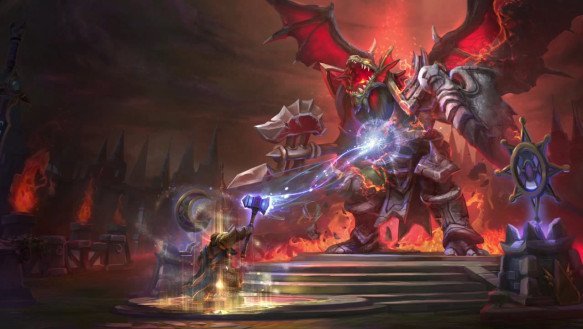



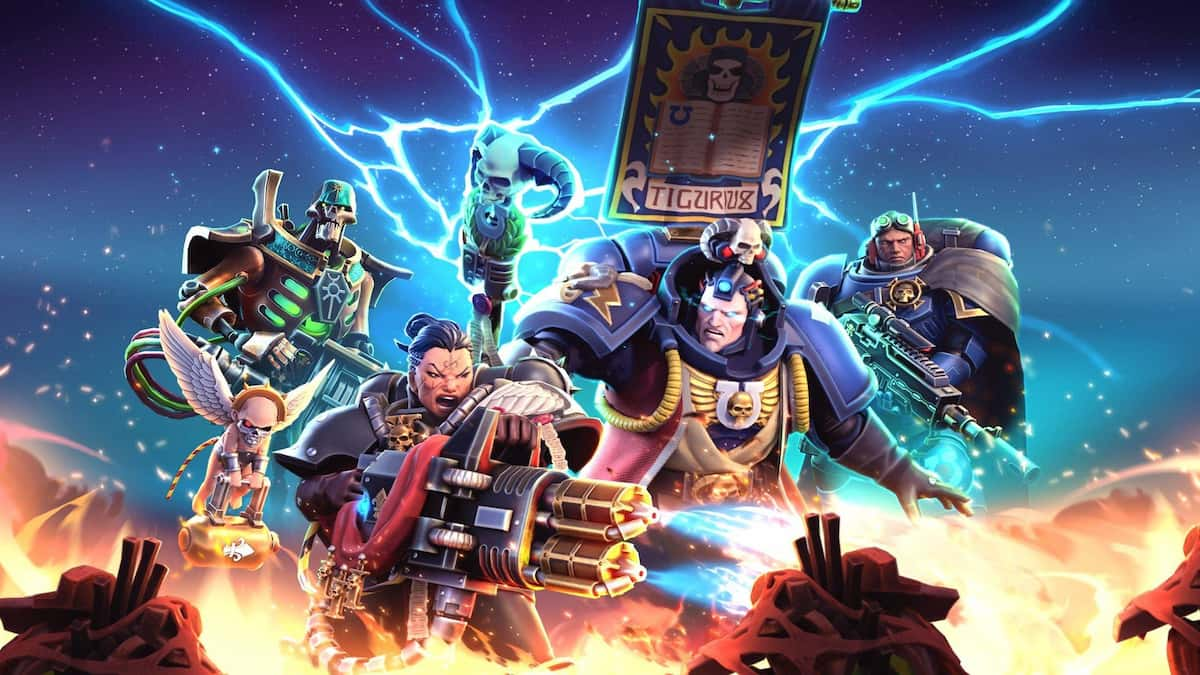
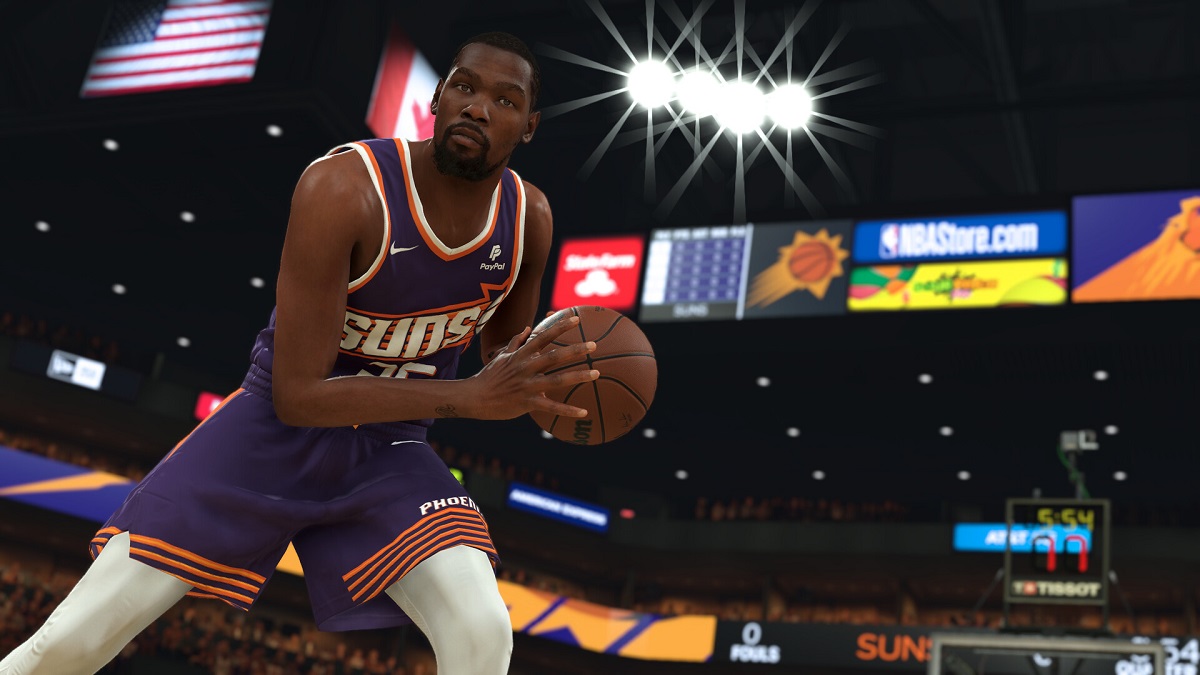

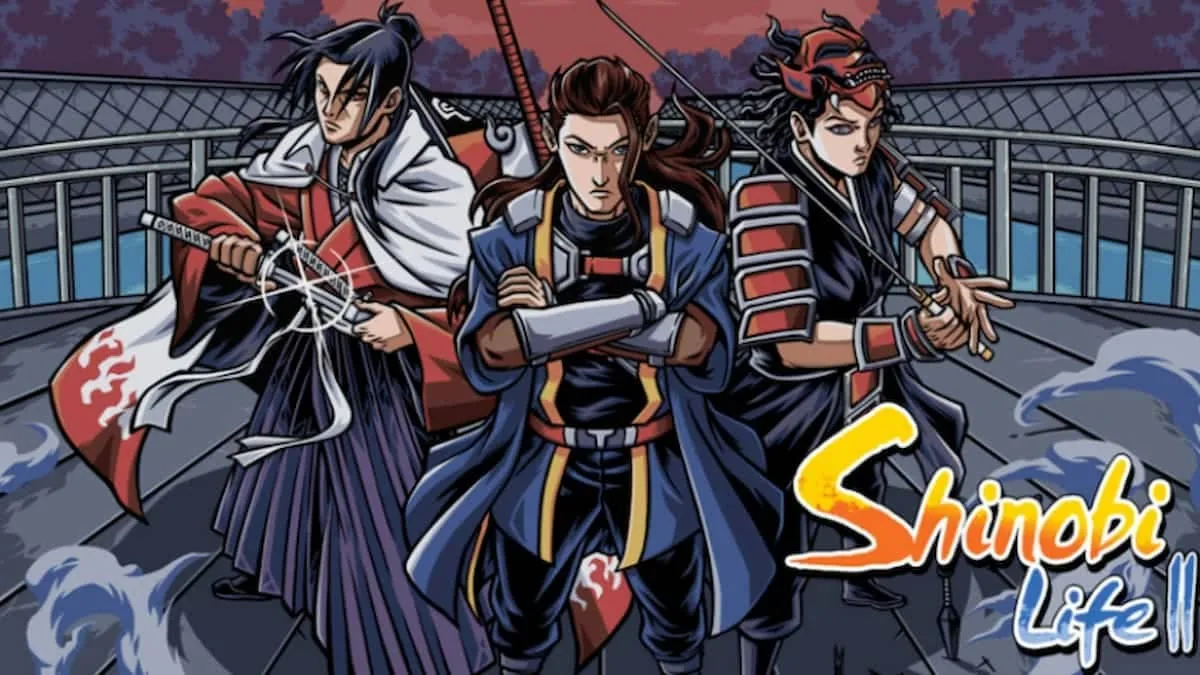
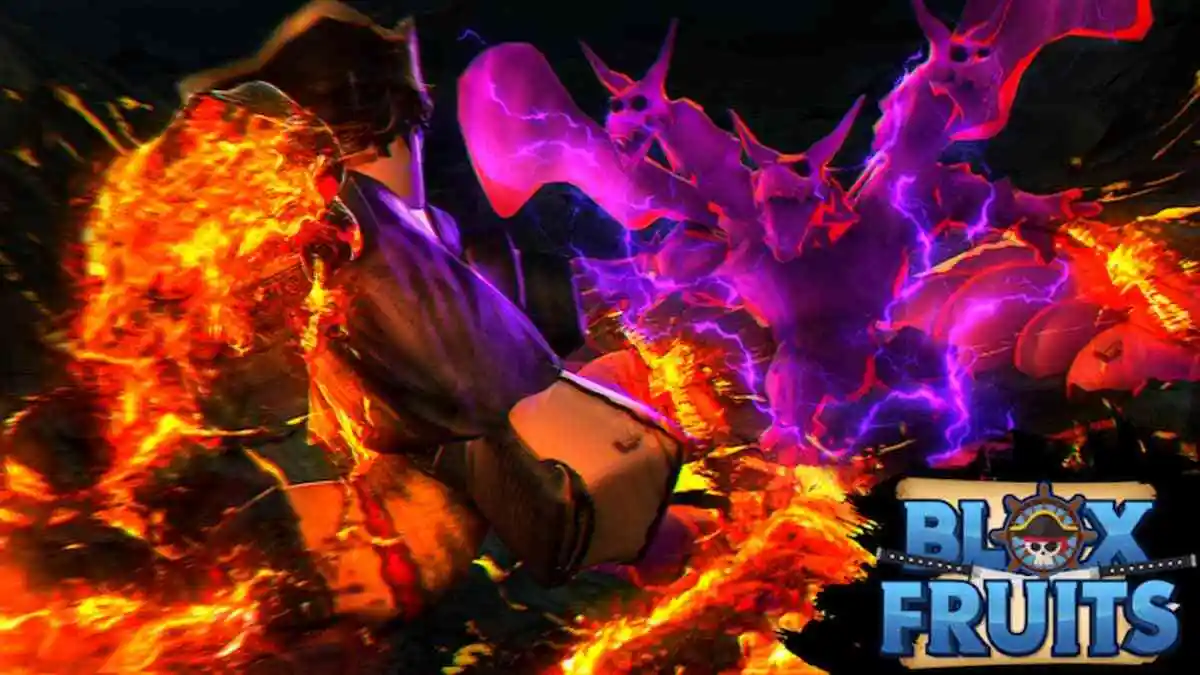
Published: Jun 19, 2015 01:38 pm